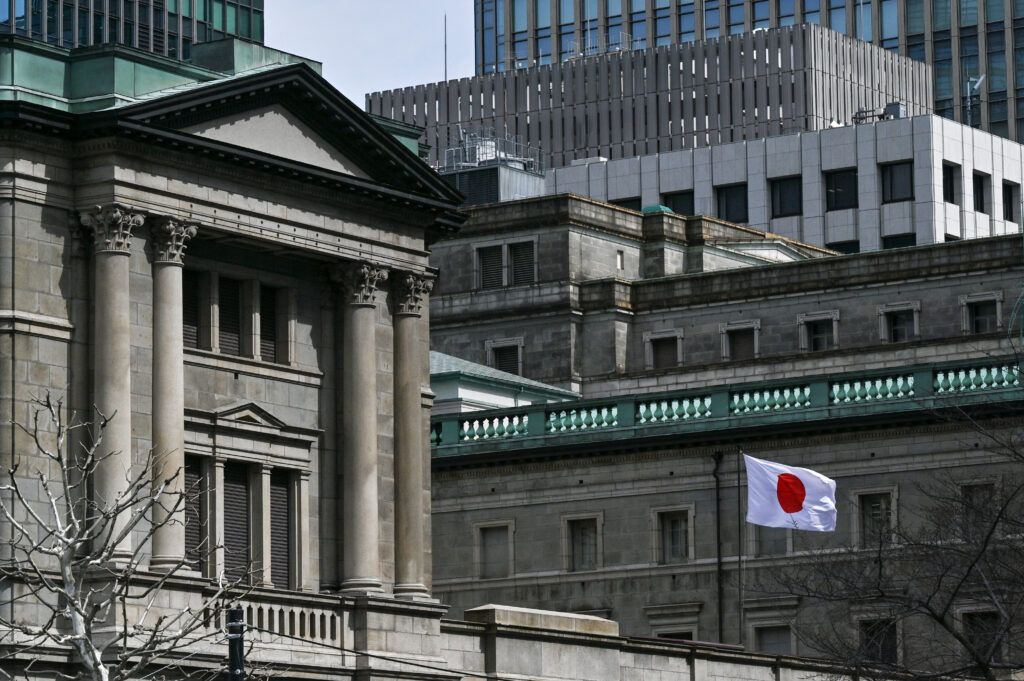
- ARAB NEWS
- 04 May 2024

TOKYO: Bank of Japan policymakers voted Tuesday to end the central bank’s negative interest rate policy, marking its first interest rate increase in 17 years.
The central bank also abolished its yield curve control, which guides key long-term interest rates to around zero percent, laying the groundwork for ending 11 years of its massive monetary easing campaign.
The BOJ said that it has confirmed a stronger virtuous cycle of rising wages and prices and that its 2 percent inflation target would likely be achieved in a sustainable and stable way.
Despite the first interest rate increase since February 2007, the BOJ said it “anticipates that accommodative financial conditions will be maintained for the time being.”
Under the negative rate policy introduced in February 2016, the interest rate of minus 0.1 percent had been applied to part of financial institutions’ current account deposits with the BOJ.
The BOJ will raise the interest rate to 0.1 percent while guiding short-term interest rates, as measured by the unsecured overnight call rate, to zero to 0.1 percent.
While abolishing the yield curve control that had been in place since September 2016, the BOJ will continue to purchase large amounts of government bonds at a pace of some 6 trillion yen per month in an effort to prevent a spike in long-term interest rates.
The central bank will end fresh purchases of exchange traded funds and real estate investment trusts. The BOJ will gradually decrease the amount of corporate bonds it purchases and end the purchases in about a year.
The BOJ’s policy board voted 7-2 to end the negative rate policy. The central bank scrapped its guidelines that had sought to expand monetary base, or the total amount of cash in circulation and current account deposits.
The central bank’s decision to raise interest rates came after many major Japanese companies fully met labor unions’ wage increase demands this spring, making BOJ officials confident that sustained pay raises will lead to moderate price increases.
Japanese companies offered to raise pay by an average 5.28 percent, a 33-year high, in this year’s “shunto” spring wage talks, according to a survey by the Japanese Trade Union Confederation, or Rengo, released last week.
Since April last year when Kazuo Ueda became governor of the BOJ, the central bank had raised the cap on long-term interest rates in the yield curve control twice–in July and October–in an effort to lay the groundwork for exiting the massive monetary easing campaign.
JIJI Press